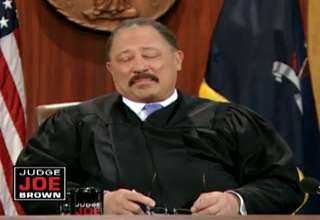Joshie Kahn
"I can fix that"
How can I make things clear to a guy who came into work late? That's not my job, that's on you, maybe if you hadn't over logged yourself with other cases you would've came better prepared.it's your job to make clear to both of us what you're talking about...





